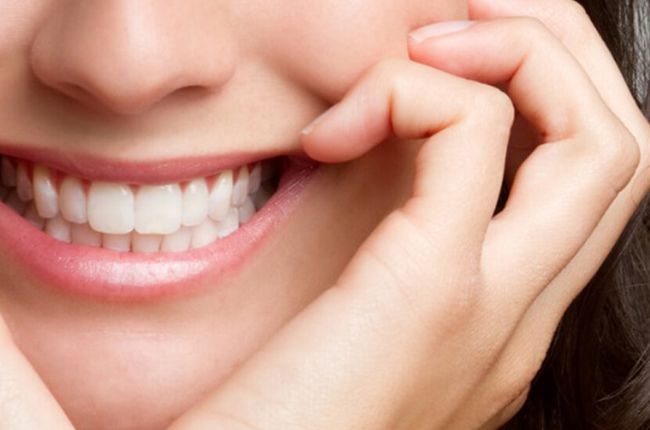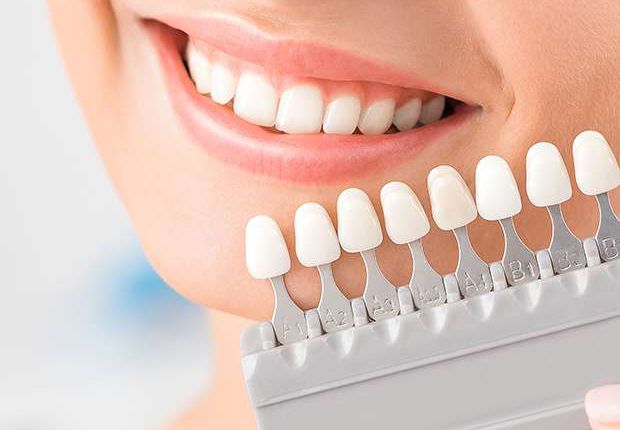Stress is a physical and emotional response to events that cause you to feel pressure or tension. These stressors can be positive or negative and can include anything from work-related deadlines to an upcoming wedding.
While a certain amount of stress is normal and even beneficial at times, chronic stress can take a serious toll on your physical and mental health. Some research suggests that oral health may be affected by elevated levels of stress as well.
Stress and Oral Health
When the body is under stress, it releases hormones that signal the adrenal glands to release adrenaline and cortisol into the bloodstream. This sudden surge of these stress hormones can make you feel more anxious and alert for a short time, but prolonged periods can cause both mental and physical problems.
For example, constant exposure to stress hormones can weaken your immune system and make you more susceptible to infection, illness, and colds. You may also notice more sleep disturbances, such as insomnia. Chronic stress has also been linked to an increased risk of heart attack and other cardiovascular issues over time.
First, individuals who are stressed out may neglect their oral hygiene routines because they are too overwhelmed to keep up with them as usual. This can lead to tooth decay because plaque buildup continues on your teeth without routine brushing and flossing. Additionally, poor oral health can also cause you to feel even more stressed, creating a vicious cycle. You should also cut down on sugary snacks and beverages to keep your smile healthy and prevent decay.
For chronic stress, your mouth is a haven for bacteria and other germs. That’s because when you’re stressed, you’re likely to let your oral health routine slide—skipping daily brushings and regular flossing sessions. This makes it easy for plaque buildup on your teeth. Plaque is a major cause of gum disease that can ultimately lead to tooth loss. That’s why it’s important to maintain good oral health habits while managing stress levels.
In addition, if you’re feeling stressed, you may be more likely to clench your jaw or grind your teeth at night. Bruxism (tooth grinding) can cause problems with your teeth, such as tooth enamel loss, sensitivity, and pain. Even if you’re only clenching your jaw or grinding your teeth once a night, this can lead to long-term issues if left untreated. That’s why it’s important to talk to our dentist in Laveen, AZ, about ways to manage your stress and bruxism.
At some practices, the dentist may recommend stress-reducing therapies like meditation or yoga to help patients manage their stress levels. At others, dentists may recommend non-invasive treatments like Botox® injections to alleviate the symptoms of TMJ disorder. Contact our dentist in Laveen, AZ, about your options for reducing the effects of stress on your health.
How to Manage Stress for Better Oral Health
When it comes to managing stress for better oral health, incorporating relaxation techniques into your daily routine can make a significant difference.
- Try practicing mindfulness, deep breathing exercises, or yoga to help calm your mind and body. Engaging in physical activity like walking or jogging can also help reduce stress levels and improve overall well-being.
- Maintaining a balanced diet rich in fruits, vegetables, and lean proteins can support both your mental health and oral hygiene. Limiting sugary snacks and beverages is crucial to prevent tooth decay and gum disease.
- Prioritize self-care activities that bring you joy, whether it's reading a book, listening to music, or spending time with loved ones. Adequate rest and quality sleep are essential for managing stress effectively.
- If you find yourself overwhelmed by stress, don't hesitate to seek support from friends, family members, or a mental health professional. Remember that taking care of your mental health directly impacts your oral health as well.
The Importance of Seeking Professional Help
When it comes to managing stress and its impact on your oral health, seeking professional help can make a significant difference. Dentists are not just there to clean your teeth; they can also provide valuable guidance on how to protect your oral health during stressful times.
A dentist in Laveen, AZ, can identify early signs of stress-related oral health issues and recommend appropriate treatments or interventions. They have the expertise to address problems like teeth grinding, jaw clenching, or gum disease that may be exacerbated by stress.
Moreover, dental professionals can offer personalized advice on maintaining good oral hygiene habits and suggest relaxation techniques that can alleviate stress and improve overall well-being. By partnering with a dentist in 85339, you can proactively manage the effects of stress on your mouth and prevent long-term damage.
We request you schedule a consultation with our team in Laveen Dental to get all your oral concerns addressed at the earliest. Please call us at (602) 237-7878 or reach out through online consultation, and we’ll be happy to help.
More Blog Posts
Office Hours
MON9:00 am - 7:00 pm
TUE - FRI9:00 am - 5:00 pm
SAT8:00 am - 1:00 pm
SUNClosed
















